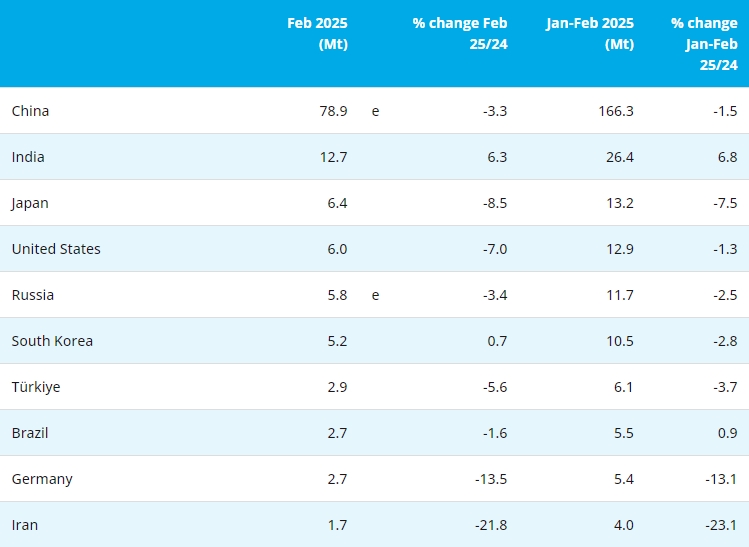
Glencore chief Ivan Glasenberg says his company is not likely to make acquisitions while it fixes its balance sheet. Photo: Bloomberg
Swiss miner Glencore says it might close more Australian mines if weak commodity prices persist, with the Murrin Murrin nickel mine in Western Australia the next probable candidate.
Glencore has already shuttered 15 per cent of its Australian coal production and reduced production at its Queensland zinc mines, and the company's chief executive Ivan Glasenberg has said he was committed to shutting more mines if they were not making money.
Mr Glasenberg said only two mines in Glencore's global portfolio were not profitable at current prices and Murrin Murrin, which is held in Glencore subsidiary Minara Resources, was one of those.
"At current price levels Minara is not cash positive and that is an asset which is under constant review," he said.
"If we believe the nickel price maintains these types of levels, it is an asset that will get reviewed and could potentially be put on care and maintenance."
Nickel prices have almost halved, from $US16,675 a tonne to $US8525 a tonne over the past year. The collapse is even greater over the past 19 months, during which time nickel prices have fallen 60 per cent amid a global over-supply of product.
Murrin Murrin was the scene of mining billionaire Andrew Forrest's biggest corporate failure under the umbrella of Anaconda Nickel.
Mr Forrest was ousted from the chief executive role, after several delays and technical problems in processing the nickel and cobalt ores.
Closure of the mine could affecta range of contractors, including trucking company Bis Industries.
While on the subject of nickel, Mr Glasenberg took a thinly veiled swipe at BHP Billiton over its continued operation of the Nickel West business despite it being loss-making for at least the past two years.
"We are seeing 60 to 70 per cent of the world's [nickel] production is cash negative and we all know which operations they are. People are bleeding cash and when I say bleeding it's big cash," he said.
"Big mining companies, other mining companies keep operations open praying for better prices."
Addressing a question from BlackRock fund manager and BHP investor Evy Hambro, Mr Glasenberg said: "Maybe you should ask the other producers who you have investments with why they're bleeding cash and not shutting their operations."
Nickel West made an underlying loss, before interest and tax, of $US208 million ($288.2 million) in the 2014 financial year and $US74 million in the 2015 financial year. Once a $US409 million impairment was taken into account at the end of the 2015 financial year, Nickel West's loss from operations was $US483 million.
BHP is expected to face significant closure and rehabilitation costs if Nickel West is eventually shut.
Mr Glasenberg's comments came as Glencore updated the market on its debt-reduction plan, with the company planning now to reduce its debt by $US13 billion rather than $US10 billion.
The company also said it would generate $US2 billion of free cash flow at current depressed commodity prices.
Mr Glasenberg also made clear that Glencore was not likely to attempt acquisitions until its balance sheet was repaired.
"Right now we are hunkering down. We're doing what we have to do on our balance sheet," he said.
"Where we are sitting with the ratings agencies we would not do anything that would jeopardise our rating . . . it's not something we are looking at right now."
The comments put to rest a two-year period in which Glencore was linked with numerous potential deals, from a merger with Rio Tinto, to buying Rio's Hunter Valley coal assets, to a consolidation play in Western Australian Nickel, and even a supposed takeover of graphite junior Syrah Resources. (source:http://www.smh.com.au/business/mining-and-resources/glencore-may-shut-its-murrin-murrin-nickel-mine-in-wa-20151211-gll606.html)



 Save
Save Print
Print Daily News
Daily News Research
Research Magazine
Magazine Company Database
Company Database Customized Database
Customized Database Conferences
Conferences Advertisement
Advertisement Trade
Trade














 Online inquiry
Online inquiry Contact
Contact

Tell Us What You Think